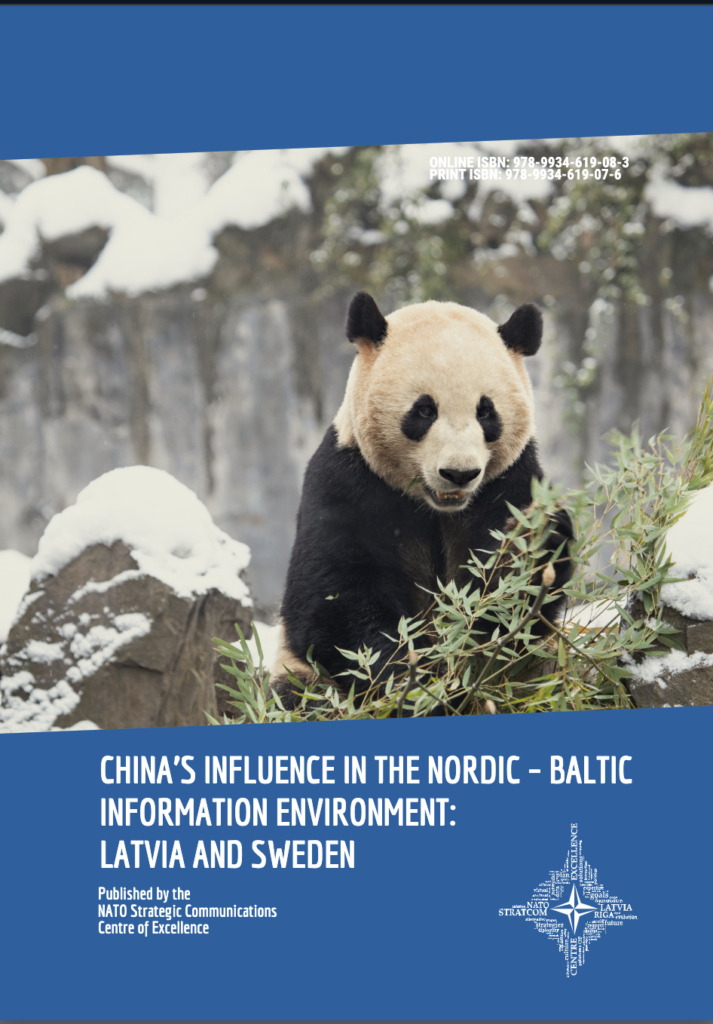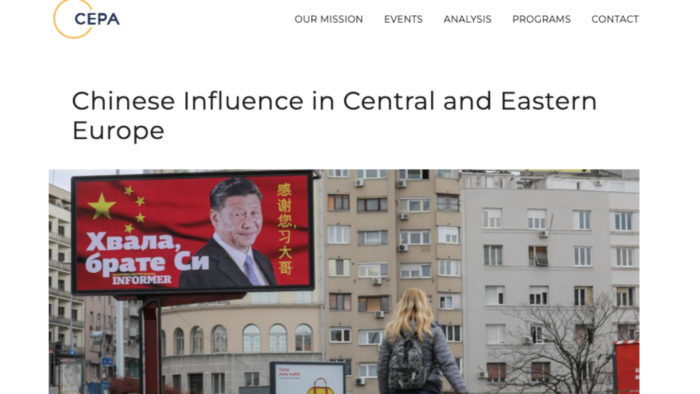China analyst and podcaster Jordan Schneider has posted a well written and insightful analysis of Chinese Twitter influence operations, concluding that “China has no idea how to run a Twitter network.” The report begins:
October 29, 2020 Over the past two years Twitter’s Public Safety team has been releasing caches of accounts it believes to be part of state-backed information operations. Australian think tank ASPI (2020, 2019), Stanford’s Cyber Observatory Center (2020) and startup Graphika (2020, 2019) have done admirable jobs analyzing the Chinese government’s handiwork. I’ve spent the past few months in lockdown teaching myself some python data science techniques and figured I’d try my hand at supplementing their research in the context of renewed fears of Chinese influence on TikTok and WeChat.
My conclusion in brief:
China has no idea how to run a Twitter network and does not do a good job amplifying its message with insincere state-run accounts. The content it puts out is too hidebound by prescribed talking points and suffers from a general lack of understanding about how to operate in foreign cultural environments.Using purchased accounts with large follower counts whose followers couldn’t care less about politics, much less speak Chinese or English, is the Chinese operation’s most commonly used but least successful tactic. New strategies like paying YouTubers and technology like GPT3, however, could potentially change the game. However, unless the Chinese operators get comfortable with letting these accounts run free, these tacks are unlikely to have much success either.
Read the rest here
The Global Influence Operations Report (GIOR) reported last week that various experts have concluded that Chinese influence operations pose a greater long term threat to the US than Russian efforts. We also reported on a Brookings Institute analysis that characterized Chinese social media operations as follows:
Beyond trying to collect intelligence by hacking into the Biden campaign, China is exploiting higher social media usage during the pandemic to promote its preferred narratives. As part of Beijing’s effort to offer an attractive alternative to U.S. global leadership, official Chinese government tweets question U.S. progress in responding to COVID-19, deride race relations in the United States, and counter U.S. official messaging regarding human rights in Xinjiang.









COMMENTS
Comments are closed here.